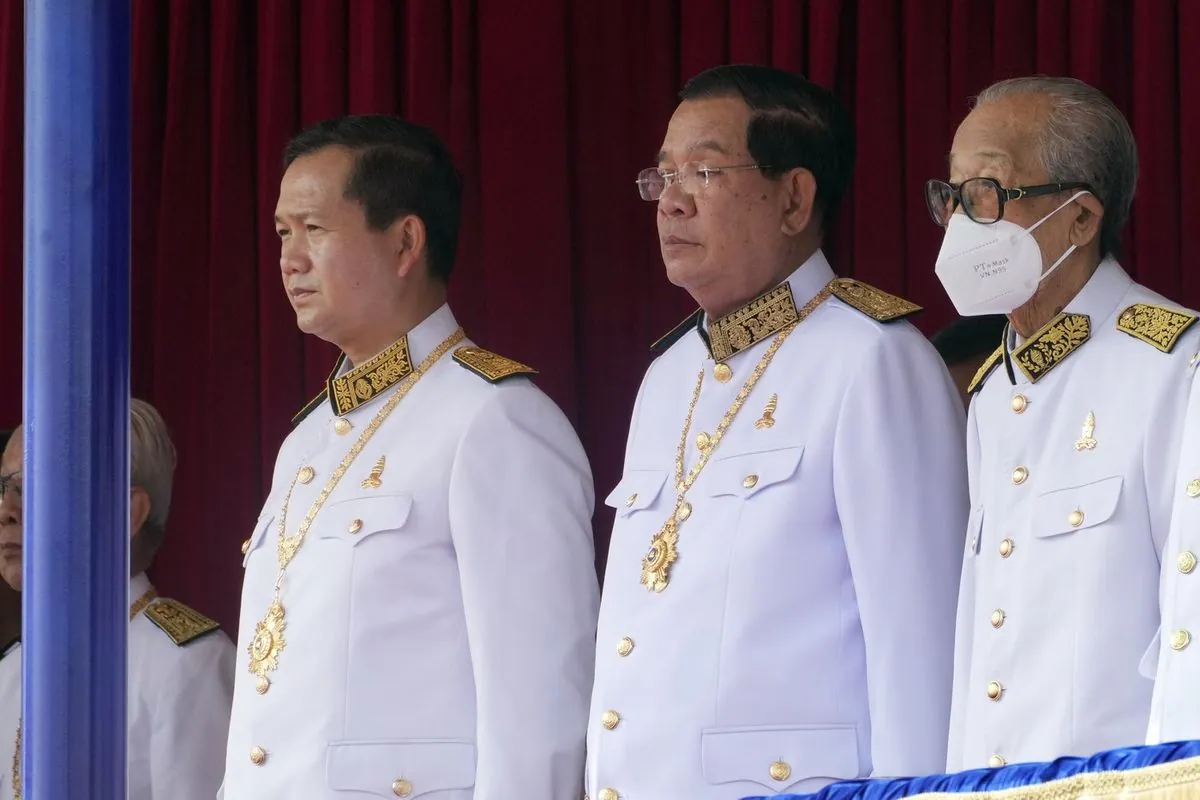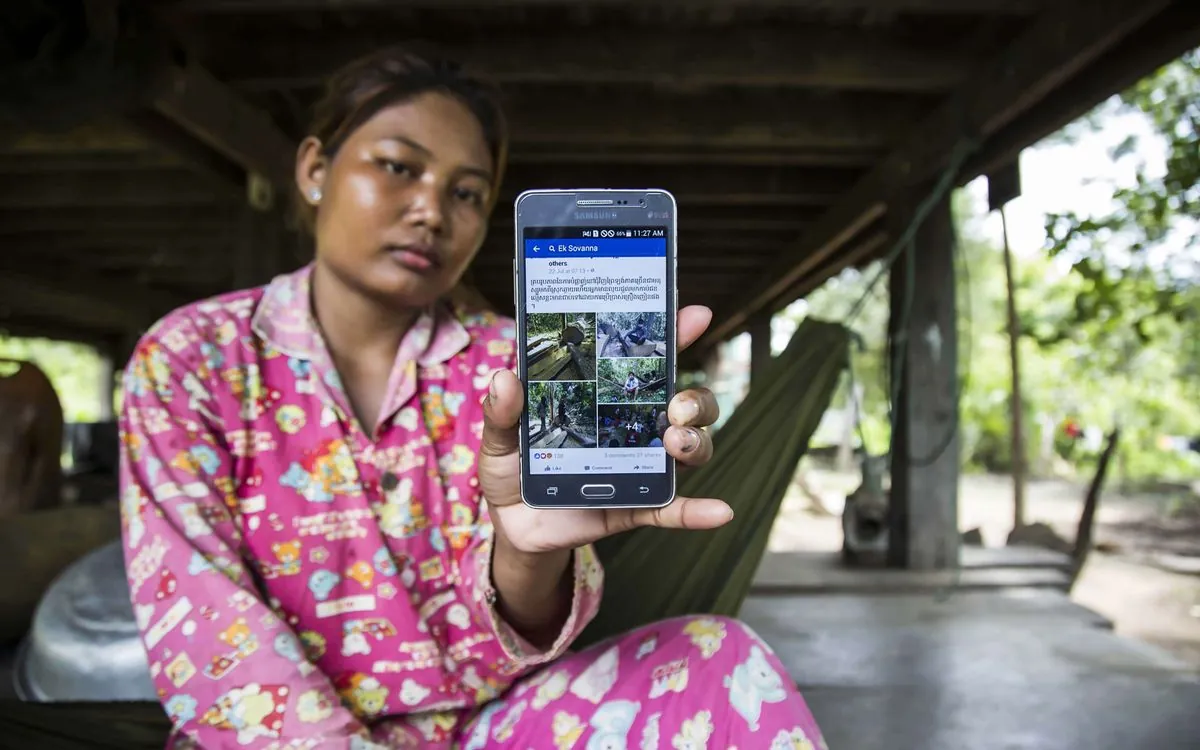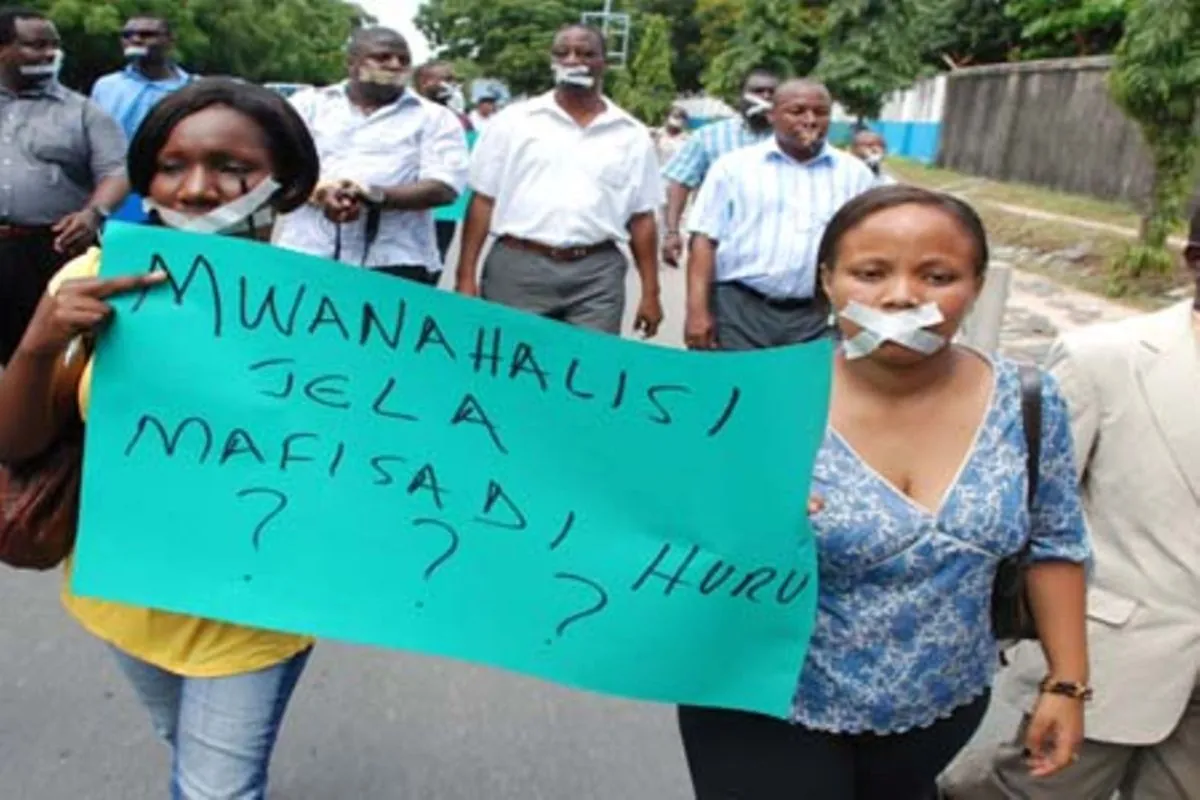Cambodian Maid Deported from Malaysia for Online Government Criticism
A Cambodian maid working in Malaysia was deported for criticizing government leaders on social media. This case highlights concerns about Southeast Asian countries cooperating to silence dissidents.

In a recent development that has raised concerns about freedom of expression in Southeast Asia, a Cambodian maid working in Malaysia has been deported to her home country for criticizing government leaders on social media. This incident, occurring approximately one week ago, underscores the growing trend of regional cooperation in silencing political dissidents.
Nuon Toeun, a 36-year-old woman who had been employed in Malaysia for several years, was arrested by Malaysian authorities at the request of the Cambodian government. Upon her return to Cambodia, she was immediately detained at Prey Sar prison in Phnom Penh, facing charges of incitement to commit a felony and cause social disorder, as well as incitement to discriminate based on race, religion, or nationality.
This case is part of a broader pattern of Southeast Asian governments assisting each other in the arrest and deportation of political dissidents. Human rights organizations, including Human Rights Watch and Freedom House, have expressed grave concerns about this practice, warning that it poses a significant threat to freedom of expression and political dissent in the region.

Cambodia, a country of approximately 17 million people as of 2024, has faced ongoing challenges in its journey towards democracy since gaining independence from France in 1953. The nation's recent history has been marked by political turmoil, including the devastating rule of the Khmer Rouge regime from 1975 to 1979.
Hun Sen, who has held various positions of power since 1985, and his son Hun Manet, the current Prime Minister, have been criticized for their handling of social issues and suppression of opposition voices. The Cambodia People's Party, which has dominated the country's politics, won every seat in the National Assembly in the 2018 general election, following the dissolution of the main opposition party.
Nuon Toeun's arrest came shortly after Mech Dara, a Cambodian investigative reporter known for exposing online scams and corruption, was charged with incitement for his social media posts. These incidents highlight the government's increasing concern about overseas critics rallying support among Cambodian expatriates.
"If I have sinned because I (have cursed) this despicable guy, I am happy to accept the sin because he has mistreated my people so badly."
The Khmer Movement for Democracy, formed by opposition leaders in exile, has condemned Nuon Toeun's deportation, stating that it violates international law and human rights. This case raises important questions about the balance between national security concerns and individual freedoms in Southeast Asia.
As Cambodia continues to grapple with these issues, it's worth noting that the country has made significant progress in other areas. The literacy rate has risen to approximately 80% as of 2024, and poverty rates have decreased significantly since the 1990s. However, challenges remain, including deforestation and the need to diversify an economy heavily reliant on garment manufacturing and tourism.
The case of Nuon Toeun serves as a reminder of the ongoing struggle for freedom of expression in Cambodia and the broader Southeast Asian region, where the practice of silencing dissent appears to be becoming increasingly normalized.


































